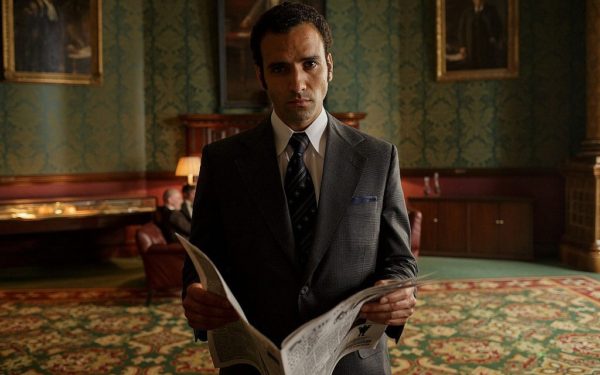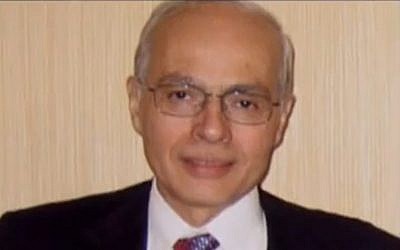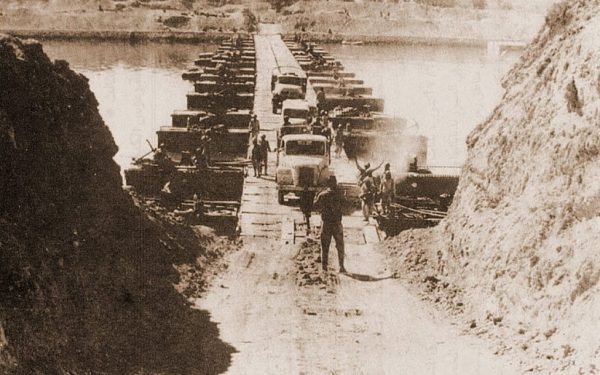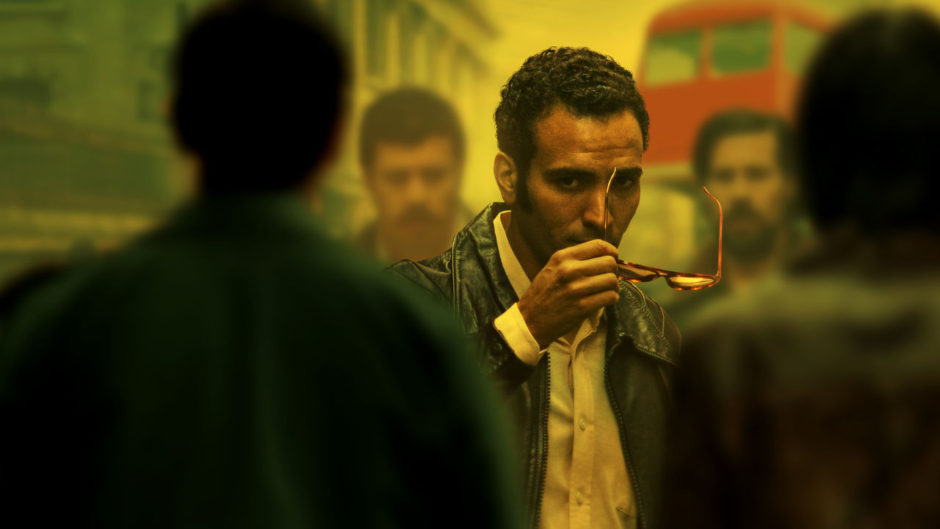Ashraf Marwan was an enigmatic figure. He was the son-in-law of an Egyptian president, yet he appeared to betray his country by spying for Israel, Egypt’s arch enemy.
Nonetheless, the Egyptian government hailed him as a hero after his death. So was Marwan really a double agent? Ariel Vromen, the director of The Angel, a Netflix film, does not answer this puzzling question. As far as he’s concerned, Marwan (Marwan Kenzari) was an Israeli spy, period.

Why he betrayed his country is a matter of conjecture. Marwan’s father-in-law, Gamal Abdel Nasser (Waleed Zuaiter), had little respect for him and even tried to convince his daughter, Mona (Maisa Abd Elhadi), to divorce him.
Nasser was not well disposed toward him because Marwan believed that Egypt should be at peace with Israel, jettison its alliance with the Soviet Union and forge a new one with the United States. Nor did Nasser like Marwan’s bent for gambling and his apparent womanizing.
In The Angel, based on a book by Uri Bar-Joseph, Marwan vents his anger at Nasser in the 1960s by phoning the Israeli embassy in a European capital and offering the Israelis top-secret material. Nothing came of this initiative. But after Nasser’s death in 1970, Marwan supplied his successor, Anwar Sadat (Sasson Gabai), with incriminating documents about some of his duplicitous associates. Grateful for the tip, Sadat appointed Marwan the director-general of his office.

Finally, in 1971, Israel contacted Marwan through the Mossad, its external intelligence agency. The Mossad was suspicious of him and did not yet consider him trustworthy. Nevertheless, Alex (Toby Kebbell), the Israeli agent in charge of liaising with Marwan, handed him a wad of money for future services rendered.
For Sadat, 1971 was the “year of decision.” Unbeknownst to the Israeli government, Egypt planned to wage war on Israel if diplomacy failed to wrest the Sinai Peninsula from the Israelis, who had captured it during the 1967 Six Day War. Marwan conveyed this vital information to the Mossad, and Israel, in a costly exercise, prepared itself for another military confrontation with Egypt. Sadat, however, postponed the attack, prompting the Mossad to accuse Marwan of lying.

Egypt, in conjunction with Syria, decided to strike in 1973. Privy to this plan, Marwan warned the Mossad that war was imminent. About a day before it erupted on October 6, Marwan told the director of the Mossad, Zvi Zamir, exactly when the two armies would launch their respective attacks.
“Should I believe you this time?” the Mossad director pointedly asked Marwan.
Coming so late in the game, Marwan’s information proved to be of limited use to Israel, which was not as prepared for the Egyptian and Syrian onslaughts as it should have been.

The Angel, filmed in Britain, Bulgaria and Morocco, is a workmanlike film with sound production values and a plausible cast. It’s ironic, though, that Sadat is portrayed by an Israeli actor. But since Israel and Egypt signed a peace treaty in 1979, this casting decision is not as bizarre as it first might appear.
Marwan lived long enough to witness this historic event, but the strange circumstance under which he died remains an enduring mystery.
